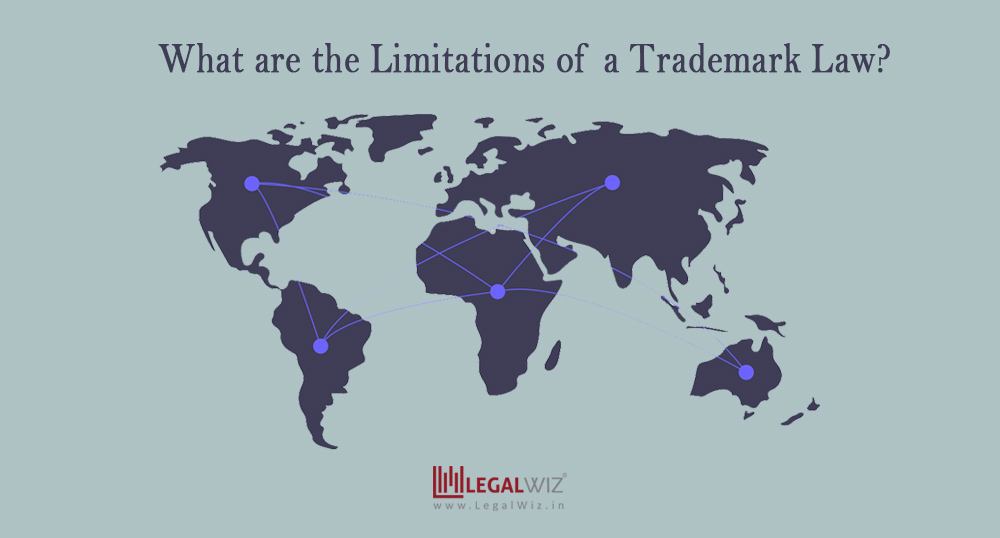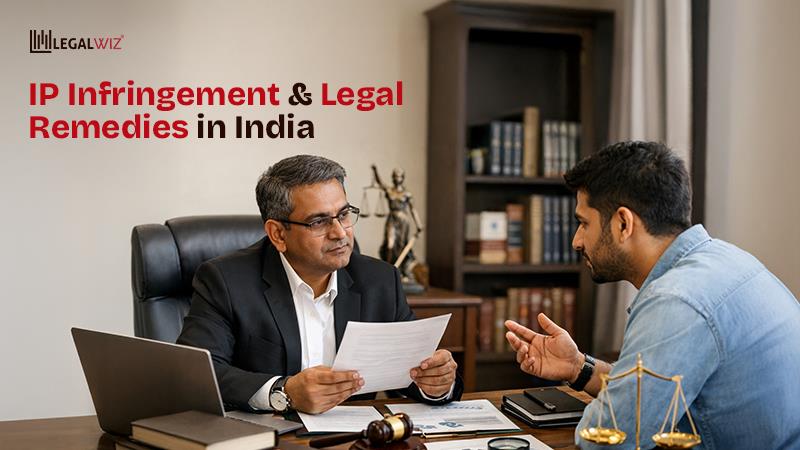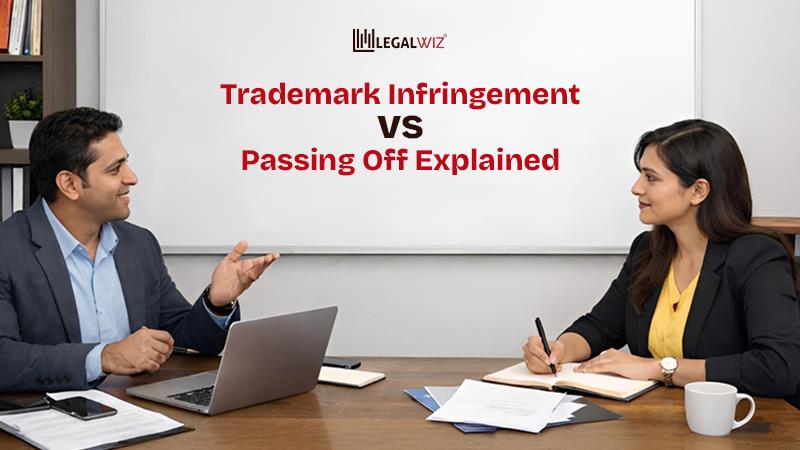What are the Limitations of Trademark Law?
Trademark registration is the most effective way to secure a brand from trademark infringement. However, registration is usually perpetual it comes with a certain set of limitations. Trademarks grant protection only in the country they are registered in. The concept of territoriality is basic to trademark law. Hence, having a national registration does not give one any protection and rights in other countries.
For instance, if your brand is registered in India, it does not mean that another person in England cannot register the same brand name for the same goods/services outside India. You can claim protection in England only if you have the mark registered in England. Also, availing a grant in one country does not confirm that it will get registration in other countries. This article gives an overview of the limitations of trademark registration and the rights it offers.
Common limitations of a trademark
Functionality
An individual can secure only certain things with trademark registration. Hence, the first limitation we can talk about is – What can be trademarked?
Any factor that enhances usability or functionality usually does not get protection. If one sells a product under a special packaging or a typical shape which is just for making it distinct then it is possible to avail a trademark for that. However, if such a shape or packing enhances the usability of the product then it the registration is not possible. This rule helps in maintaining a healthy competition among the competitors.
Geographical Limitation
Trademark is territorial. Geographical boundaries play a very important role in deciding in which countries the trademark will be valid. When the mark registration is carried out in India, then enforcing the trademark rights is valid only within the Indian jurisdiction. If one requires protection in more than one country a separate international application is mandatory in that country.
One must not confuse geographical indication and geographical limitation. Let us understand – what is a geographical indication?
A geographical indication is a separate IP protection that is different from trademarks. Trademark is for distinguishing goods and services from others while geographical indication which identifies the goods of a particular region or locality. For example, Darjeeling tea/ Patan Patola are examples of geographical indications.
The key differences between Geographical Indication and Trademark are:
| Trademarks | G.I. |
| Helps to identify good/service origin from a company/ individual/brand. | Signifies from where the goods originate from |
| Can be a logo, word-mark, label, device, number, etc. | Usually linked to name of a geographical area |
| Can be assigned or licensed to anyone in the world | Cannot be assigned or licensed to someone outside that place/area or any unauthorized producers |
| Used for good and services both | Used for goods only |
Fair Use Limitation
Under trademark law many trademarks have many commonly used words, hence the owner cannot claim exclusive rights over such words if his trademark is used in a different context. For example, trademarks used in comparative advertising, parodies and non-commercial use of trademarks in academic articles, media reports, etc. Hence, claiming exclusive rights over the trademarks is not permitted if a third party uses your trademark as per the fair use doctrine. For example, in case of the trademark “Super Nirma” – the owner cannot stop anyone from using the word super in their trademark.
Import Limitation
Trademark protection cannot prevent parallel imports. Parallel importation under the Trademark law is considered legal. And hence when someone imports goods without the consent of the trademark owner in that country and sells them at a lower price one cannot claim rights under trademark law. The trademark owner has no right to prevent the subsequent sale of the goods in any part of the company as his rights over the goods are exhausted after the first sale.
Bottom line
Trademark registration is essential for brands and companies for it helps in boosting the business, bringing recognition and adding value to the company. It goes beyond the common trademark limitations by protecting a brand from unauthorized use of trademarks. Nonetheless, there are certain limitations to the protection it offers. Consulting a professional can help one in understanding if their brand falls under any such limitation. A legal professional can guide and provide certain steps that one can take to create a strong brand.

Kahini Jhaveri
Kahini Jhaveri is an IP specialist at LegalWiz.in, with a keen interest in content creation. She holds a B.A. LLB honours from Institute of Law, Nirma University, Ahmedabad. Kahini specializes in Intellectual Properties, specifically Trademark Law.







